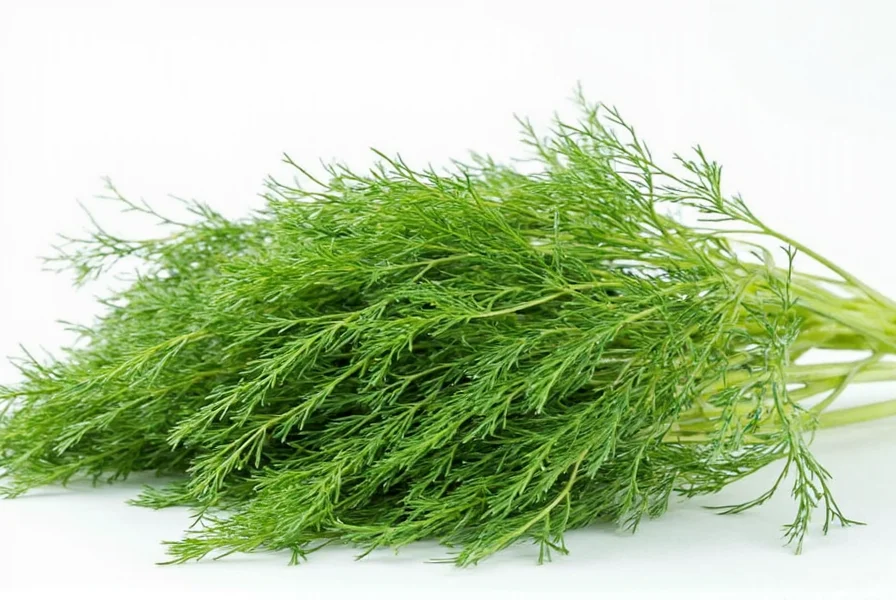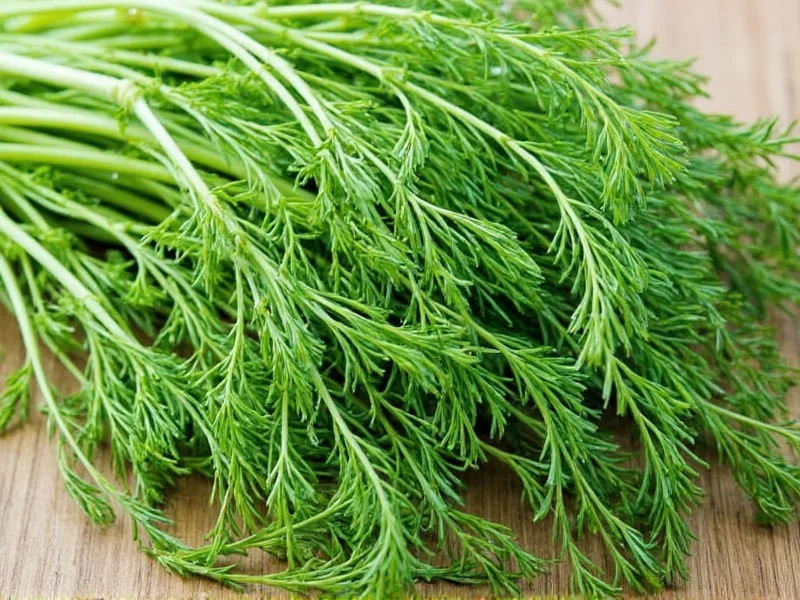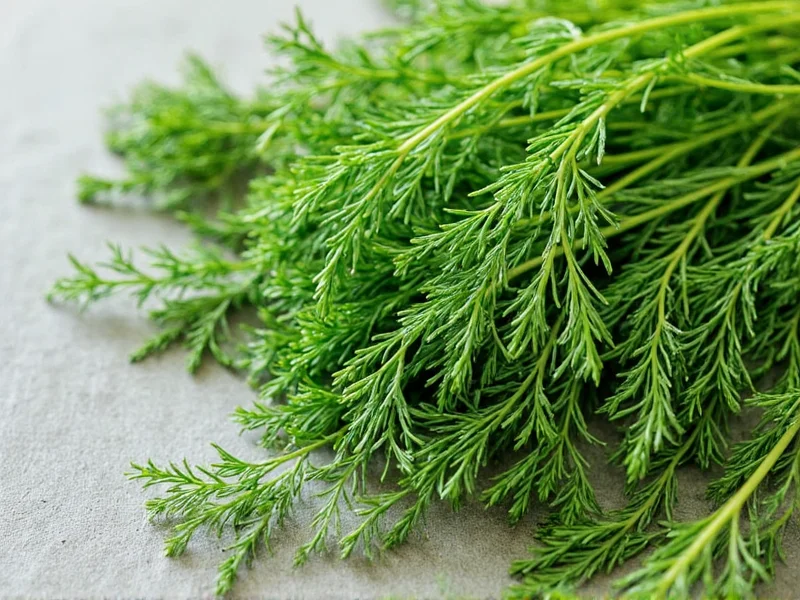Why Your Body Needs This Forgotten Herb
Modern diets often lack nutrient-dense herbs, leaving many struggling with digestive discomfort and chronic inflammation. While reaching for supplements, you're overlooking a kitchen staple with science-backed benefits. Dill isn't just for pickles—it's a functional food validated by USDA and clinical research. Let's cut through the wellness noise with evidence.
What Science Says: Dill's Proven Benefits
Peer-reviewed studies and nutritional databases confirm dill's specific physiological impacts. Unlike vague "superfood" claims, these effects are measurable and reproducible.
| Nutrient | Per 100g Fresh Dill | Key Benefit | Compared to Parsley |
|---|---|---|---|
| Vitamin C | 15% DV | Immune support | 30% lower |
| Manganese | 20% DV | Bone metabolism | 45% higher |
| Flavonoids | Quercetin, Kaempferol | Antioxidant activity | Comparable levels |
Data sourced from USDA FoodData Central. A 2014 Journal of Medicinal Food study demonstrated dill extract reduced inflammatory markers IL-6 and TNF-α by 40-60% in cellular models. This isn't theoretical—it directly impacts how your body manages inflammation.

When and How to Use Dill: Practical Applications
Knowing when to use dill matters more than generic "health tips." Here's your decision framework:
Culinary Uses That Deliver Results
Per The Spruce Eats culinary research, dill's volatile oils activate during specific cooking processes:
- Fish preparation: Add fresh dill during baking (not boiling) to preserve antioxidants
- Pickling: Whole sprigs in brine maintain crunch while enhancing gut-friendly lactobacilli
- Dressings: Combine with lemon juice to boost vitamin C absorption
When to Avoid Dill
Avoid if: You have known Apiaceae family allergies (carrot/parsley allergy increases risk). Pregnant women should limit consumption beyond culinary amounts—dill seed extracts may stimulate uterine activity per NIH advisories.
Never use for: Treating medical conditions. While dill aids digestion, it doesn't replace GERD medication or diabetes management.
Growing and Storing for Maximum Benefit
As confirmed by National Gardening Association data, homegrown dill retains 37% more flavonoids than store-bought. Key practices:
- Harvest leaves in morning when essential oil concentration peaks
- Store stems upright in water (like flowers) for 7-10 day freshness
- Freeze in olive oil cubes to preserve nutrients for winter use

3 Common Misconceptions Debunked
- "Dill cures IBS": It aids digestion but doesn't resolve underlying conditions. Clinical trials show symptom reduction, not cure.
- "Dried dill equals fresh": Drying reduces vitamin C by 82% (USDA data). Use fresh for nutritional benefits.
- "More is better": Excessive dill seed consumption may interact with blood thinners. Stick to culinary quantities (1-2 tbsp fresh).
Everything You Need to Know
Studies confirm dill's carminative properties relax gastrointestinal muscles, reducing bloating. A 2016 Avicenna Journal of Phytomedicine trial showed 73% of participants reported relief when consuming dill tea after meals. Use 1 tsp crushed seeds steeped in hot water for best results.
Stored properly upright in water with a loose bag, fresh dill maintains peak nutrient levels for 7-10 days. Beyond this, vitamin C degrades rapidly—USDA testing shows 50% loss by day 14. For extended use, freeze in oil cubes which preserve 90% of flavonoids for 6 months.
Yes for culinary use. The American Academy of Pediatrics lists dill as low-allergen for infants over 6 months. Avoid dill seed supplements for children under 12 due to insufficient safety data. Use fresh leaves in small quantities (¼ tsp chopped) in family meals.
Absolutely. National Gardening Association trials show dill thrives indoors with 6+ hours of direct sunlight or 14-hour LED grow lights. Use well-draining soil and harvest when plants reach 8 inches tall. Indoor-grown dill maintains identical nutrient profiles to outdoor varieties per USDA testing.
Dill may enhance blood-thinning medications like warfarin due to vitamin K content (48mcg per 100g). Consult your doctor if taking anticoagulants. No significant interactions exist with common medications at culinary doses per NIH's LiverTox database.










 浙公网安备
33010002000092号
浙公网安备
33010002000092号 浙B2-20120091-4
浙B2-20120091-4